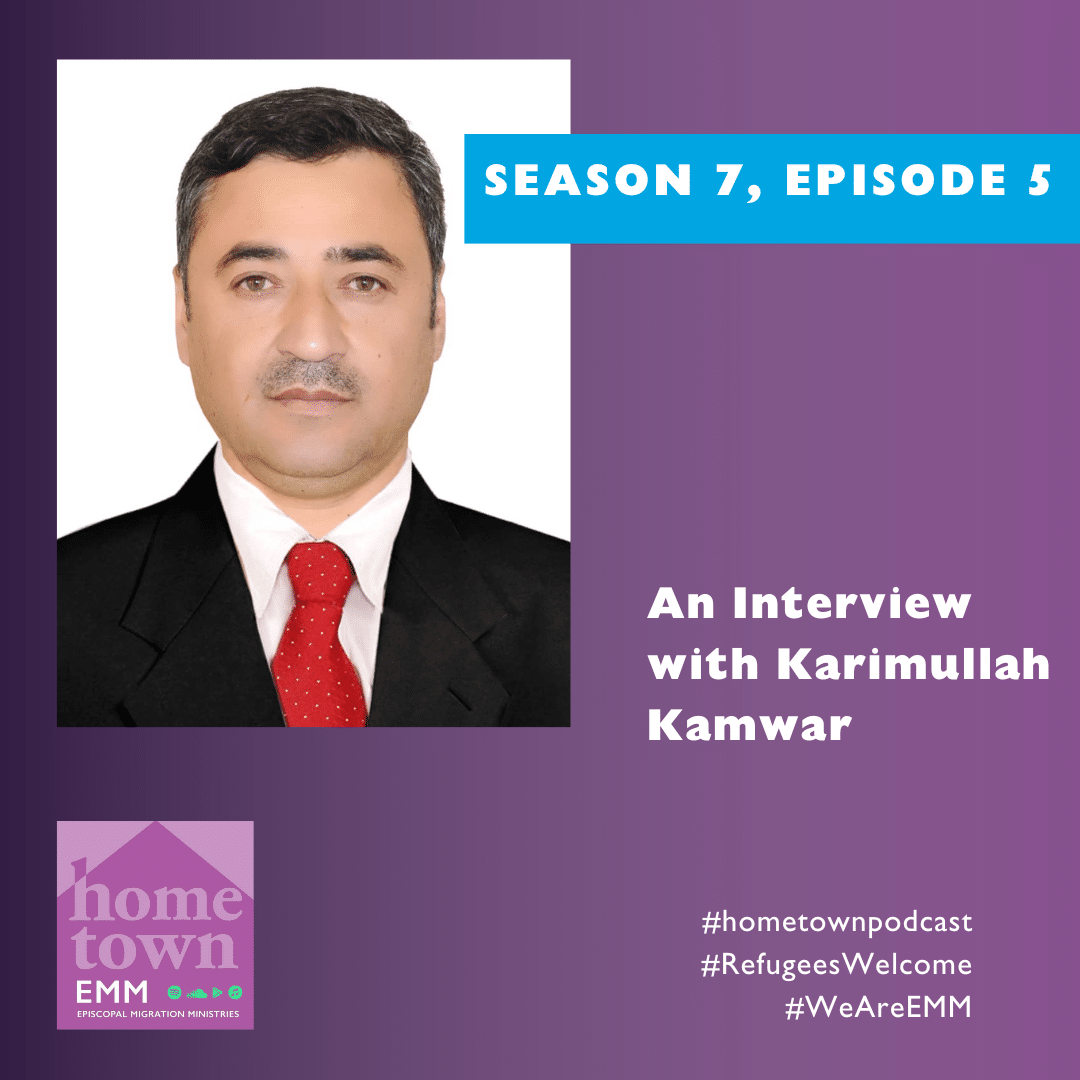An Interview with Karimullah Kamwar
This episode features a conversation with Karimullah Kamwar, who goes by “Karim.” He is an Afghan national who now lives and works in Syracuse, New York.
Due to the work he had done for years in Afghanistan, Karim and his family were in great danger, after U.S. troops withdrew and the Taliban took over in August 2021. While they managed to evacuate from Afghanistan relatively quickly, they had to spend a few months in Qatar before being admitted to the U.S. as humanitarian parolees. This is the legal status that has been granted to a majority of the hundreds of thousands of Afghans who fled their homeland, especially since 2021. With the U.S. withdrawal and Taliban return to power, it became ever more dangerous for many Afghans to remain there but increasingly difficult to obtain Special Immigrant Visas (SIVs) or “refugee” status in the U.S.
The experiences of Karim and his family illustrate the opportunities and the challenges associated with entering the U.S. as humanitarian parolees.
Like other Afghan evacuees, they were housed on U.S. military bases abroad and in the U.S. while their case was processed. After two months at Fort Dix in New Jersey, they moved to Syracuse, New York, where for 90 days, they received resettlement services from InterFaith Works of Central New York, one of EMM’s affiliate organizations. This support was vital: it enabled them to find their footing in an unfamiliar community and culture, where they knew no one. Eager to support his family, Karim found work as soon as he could.
However, as humanitarian parolees, Karim and his family were authorized to live and work in the U.S. only for two years. Knowing they could not safely return to Afghanistan, they decided to apply for asylum — which provides permanent legal residency and a pathway to citizenship. They sought help in this process from an organization of immigration lawyers who provide pro bono services to people in dire need. Fortunately, their request for asylum was granted in November 2023. After years of uncertainty, they were finally able to begin putting down roots in the U.S.
Karim now serves as Digital Empowerment Manager with a Syracuse-based community center, teaching other newcomers the digital skills they need to live independently in the U.S. In 2024, the National Digital Inclusion Alliance recognized Karim as a Digital Equity Champion and Emerging Leader. Karim’s wife and young adult daughter are pursuing their education and grateful for the opportunities to learn and work in the U.S. that would not be open to them as women under Taliban rule.
We invite you to listen to Karim’s story: to hear about all that he loved and feared about life in Afghanistan; about how he and his family were welcomed and helped in their search for safety and belonging; and about the work that he now does to enable others to adapt and feel at home in the U.S.
It is a remarkable story, full of reminders of our obligations to each other, particularly in situations like the protracted U.S.-led war in Afghanistan. The Kamwar family’s story, like many others, reminds us of all that our communities and country stand to gain, when we offer people in search of safety not just temporary protection, but a real pathway to a sustainable life as neighbors, colleagues, legal permanent residents, and citizens.
You can access a transcript of our conversation with Karim here.
Follow us on FB, LinkedIn, and Instagram where we are emmrefugees. Subscribe to the HomeTown podcast here.
Join in the ministry of welcome by making a gift to Episcopal Migration Ministries. No gift is too small, and all gifts are used to sustain and expand our work resettling refugees, supporting asylum seekers, and creating welcoming communities for all of our immigrant siblings. Visit episcopalmigrationministries.org/give or text HOMETOWN to 91999.
Our theme song composer is Abraham Mwinda Ikando. Find his music at abrahammwinda.bandcamp.com.



